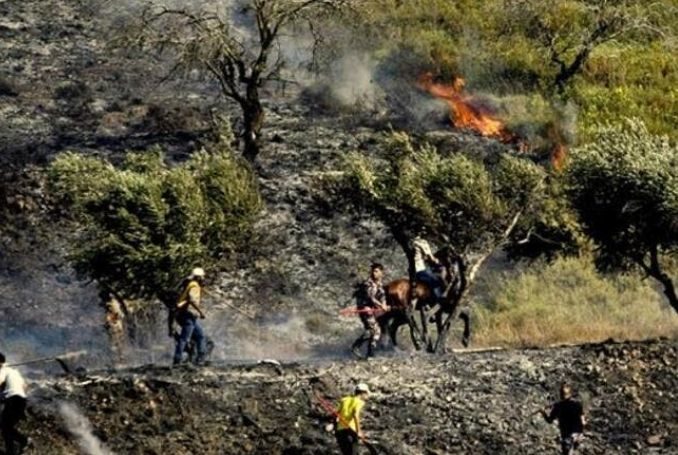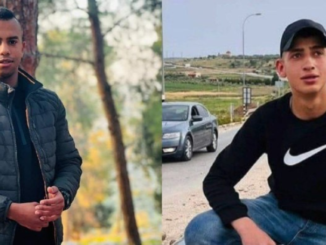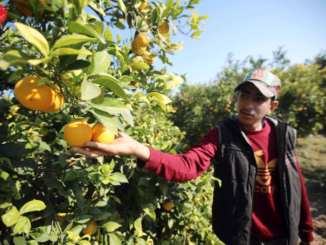
Jewish settlers today torched an olive grove belonging to Deir Ballut town, west of Salfit, according to the Palestinian news agency WAFA.
The town mayor Yahya Mustafa told WAFA that a group of settlers set fire to 50 olive trees, located to the east of the town, and identified the landlords as Yousef, Mustafa and Sbeih Abdul-Ilah.
Located 15 kilometers to the west of Salfit city, Deir Ballut has a population of some 4,100 and occupied a total area of 11,900 dunams. It boasts several archeological sites dating back to the Byzantine era, such as St. Simeon Monastery and al-Qal‘a Monastery.
Today in #Nablus city, Palestinian villagers confronted Israeli settlers who came under the #IOF protection to chop Olive trees that belong to As-Sawiya village.
For the Palestinians, Olive trees are a symbol for the Palestinian struggle and resilience against the #Occupation. pic.twitter.com/bshxCCJcxz
— Ezgi Esma (@EzgiEsmaa) October 4, 2020
Before 1948, the village owned 40,000 dunums of land (10,000 acres). In 1967, 20% of the land of DeirBallut (or 2,000 acres) was confiscated into Israel. Since then, like so many other villages in Palestine, Deir Ballut has been subjected to almost continual land theft for Israeli settlements, bypass roads, and military installations.
Under the Oslo Accords, the Palestinian Authority was given limited control over a small pocket of land occupying 621 dunams, accounting for almost 5 percent of the village’s total area. In contrast, Israel maintains control over the remainder, classified as Area C.
War on nature: How Zionist colonialism has destroyed the environment in Palestine https://t.co/I6KAzwoedy
— Middle East Monitor (@MiddleEastMnt) February 26, 2019
Israel has constructed a section of the apartheid wall, which encircles the village from three directions, confiscating and isolating some 4,050 dunams of fertile land for colonial settlement activities and pushing the villagers into a crowded enclave, a ghetto, surrounded by walls, settlements and military installations.
Israel has established two colonial settlements, namely Alei Zahav and Pedu’el, on lands confiscated from the village. It has confiscated more land for the construction of settler-only by-pass road 446, which extends two kilometers on the village’s land.
(WAFA, PC, Social Media)







